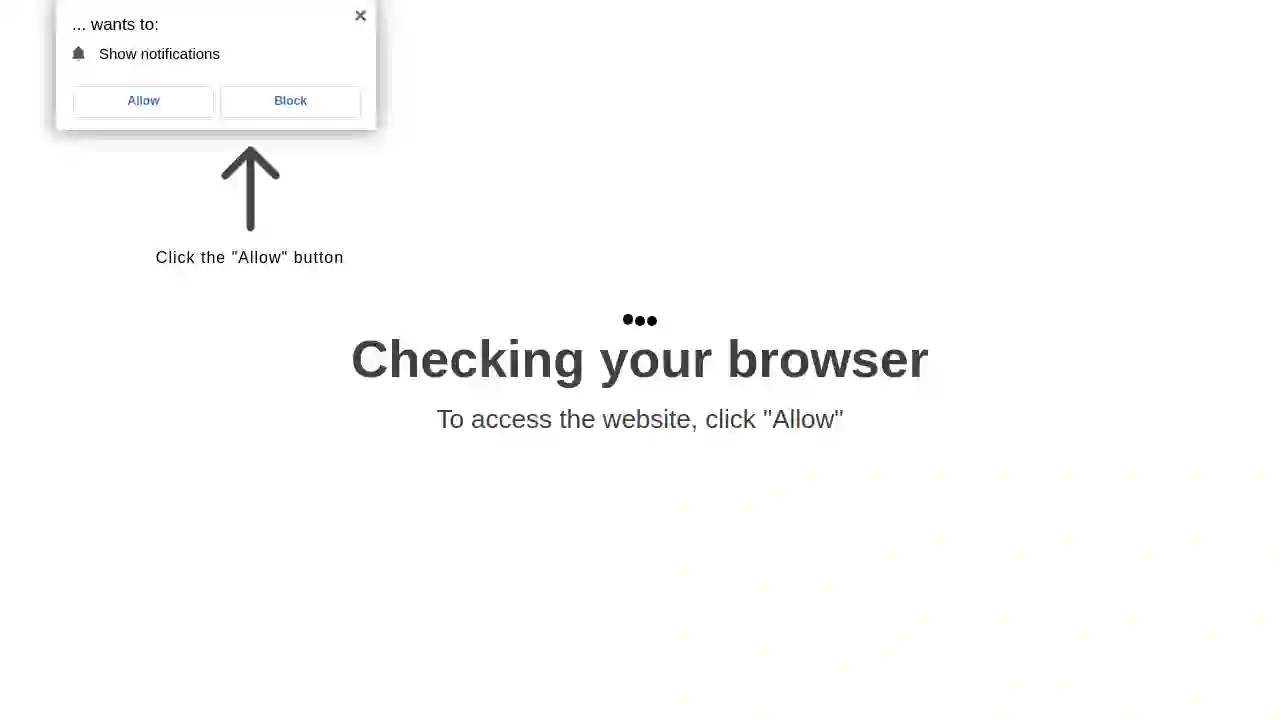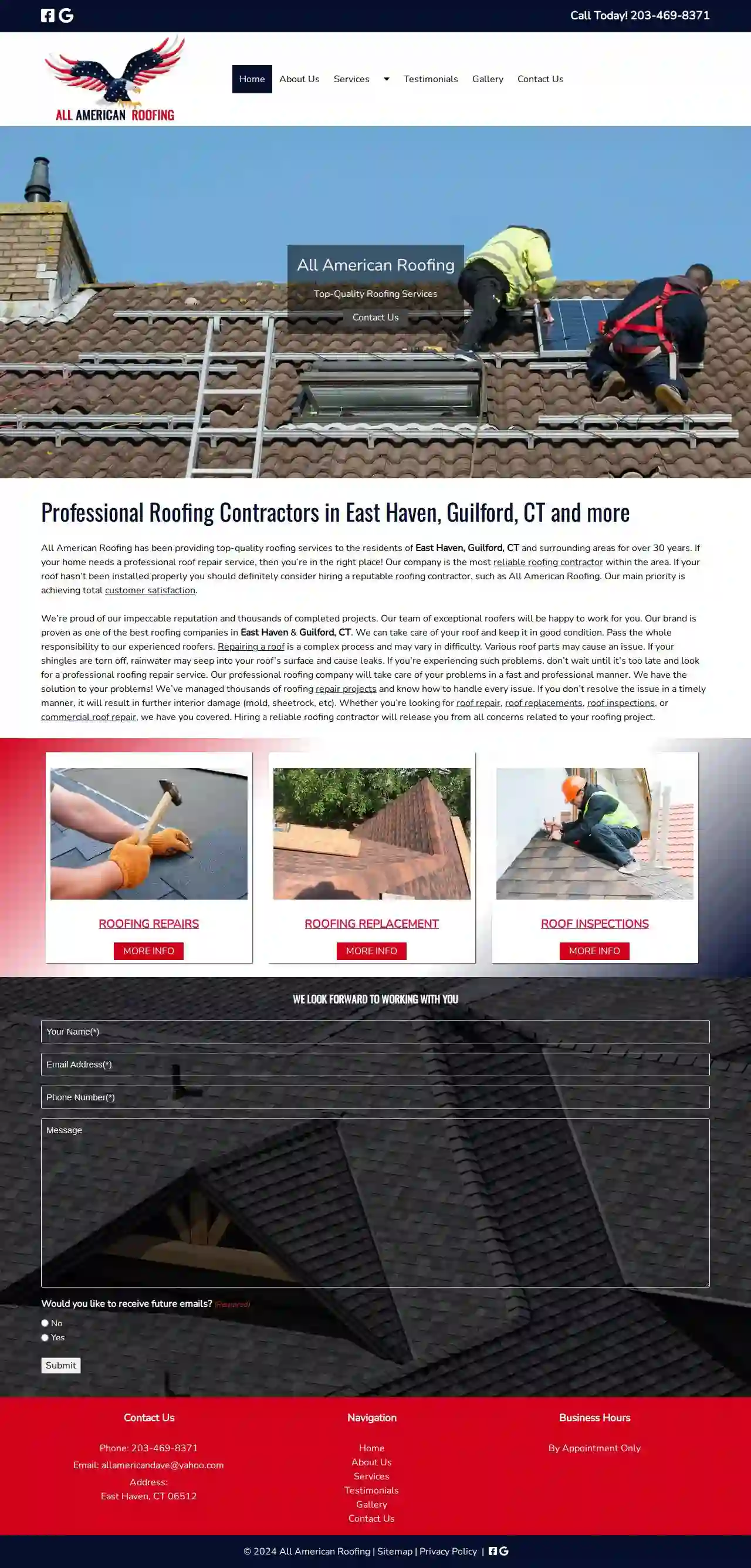Roofing Companies Brattleboro
Find the best Roofing Company in Brattleboro
Receive multiple Roofing Contractor quotes for your project today! Compare profiles, reviews, accreditations, portfolio, etc... and choose the best deal.

Hartford Building Company LLC
Building 12, Unit 4, Glastonbury, CT, 22 Kreiger Lane, 06033, USAs Connecticut's premier general contractor, Hartford Building Co specializes in exceptional interior remodeling projects for both commercial and residential spaces. With 18 years of expertise, trust us to transform any vision into reality, leveraging our deep industry knowledge and commitment to quality. Experience the difference of working with a team that values precision, innovation, and your complete satisfaction.
- Services
- Why Us?
- Accreditations
- Our Team
- Testimonials
- Gallery
Get Quote
Worcester Siding and Roofing
Worcester, 01604, US#1 Worcester Siding & Roofing Contractors Your Local Siding & Roofing Contractors In Worcester, MA. We are dedicated to bringing you the highest quality siding and roofing services at the most affordable rates. Professional Expertise Free Estimates Fully Insured Workmanship Worcester Siding and Roofing is your premier commercial and residential roofing contractors in Worcester, MA. As the best local roofing contractors in the city, we are committed to providing competitive prices and reliable siding and roofing services. We have been working in roofing installations and repairs for decades and work on both small and big projects.
- Services
- Why Us?
- Testimonials
- Gallery
Get Quote
Fairfield Roofing Company
52 reviewsFairfield, USWelcome to Fairfield Roofing Company! Are you facing any issues with the roof? Does your roof need to be replaced or repaired? Are you looking for trusted roofing services in Fairfield, CT? Our highly-skilled and professional team of roofers are expert at commercial as well as residential roofing. Fairfield Roofing Company is trusted by real estate agencies, landlords and residents of Fairfield, CT and nearby locations. Our experienced roofers are ready to help you with new roof installation, roof repair and also roof replacement for your residential or commercial property. Call 203-625-1718 to request a free estimate. We are a local roofing company near you, with awesome ratings and reviews online. We have designations from roofing material manufacturers, and we are fully licensed and insured. Good roofing companies like us will provide excellent service, handling themselves professionally, taking care of the property while doing the work, and leaving it as it was when they arrived only with the repairs done or the roof replaced. Roofing Services: We offer both residential and commercial roofing services, including repair or replacement of tile roofs, metal roofing, shingles, slate, or cedar shake. We also provide services for replacing or repairing downspouts, gutters, soffit and panel applications, and snow guard protection. Additionally, we offer green roofing applications and rooftop patio paver installation to the residents of Fairfield, Connecticut. Types Of Roofing Materials Available For Residential Homes: We offer solar tiles for homes with an HOA that doesn’t allow normal solar panels on the roof, which can reduce overall energy cost and help the environment.
- Services
- Why Us?
- Accreditations
- Gallery
Get Quote
Greenwich Roofs - Roofing Contractor CT
58 reviews123 Main Street, Suite 100, Greenwich, 06830, USGreenwich Roofs is a family-owned and operated roofing company serving the Greenwich, CT area. We are fully licensed and insured, and we have over 20 years of experience in the roofing industry. We specialize in all types of roofing, including asphalt shingle, slate, tile, and metal roofing. We also offer a wide range of roofing services, such as roof repair, roof replacement, and gutter cleaning. We are committed to providing our customers with the highest quality roofing services at competitive prices. We are a BBB accredited business, and we are proud to be a part of the Greenwich community. Our team of experienced roofers is dedicated to providing our customers with the best possible service. We are always available to answer your questions and to provide you with a free estimate. We are confident that we can meet your roofing needs.
- Services
- Why Us?
- Accreditations
- Our Team
- Testimonials
Get Quote
Quality Roofing Services, Inc.
4.912 reviewsPO Box 30, 599 Island Lane, West Haven, 06516, USFor 50 years, we have provided Connecticut businesses with high-quality, high-value commercial roofing systems tailored for their buildings. A veteran-owned and family-operated business, our longevity and success come from a laser-like focus on Customer Satisfaction. Be it an EPDM, TPO or PVC flat roof or other low-slope roofing material, we take the needs of each business and building into account for every commercial roofing system we install.
- Services
- Why Us?
- Our Team
- Gallery
Get Quote
All American Roofing
East Haven, 06512, USAll American Roofing is a reputable roofing company serving East Haven, Guilford, CT, and surrounding areas for over 30 years. We pride ourselves on providing top-quality roofing services, including roof repair, replacements, inspections, and commercial roof repair. Our team of highly professional and well-trained roofers is dedicated to delivering exceptional service and ensuring customer satisfaction. We are fully licensed and insured, offering a 24/7 emergency service for your peace of mind. We understand the importance of a durable and aesthetically pleasing roof, and we strive to exceed your expectations with every project. Contact us today for a free consultation and experience the All American Roofing difference.
- Services
- Why Us?
- Our Team
- Testimonials
- Gallery
Get Quote
Hartford Metal Company
55 reviews30 Sebethe Dr, Cromwell, 06416, USHartford Metal Company offers metal roofing, siding, and other metal building products in the New England region. We work with homeowners and contractors alike to find the right look for any project. We take as much pride in the support we offer as we do in delivering these innovative products. Standing seam is a durable, beautiful roofing option that often lasts the better part of a century. At Hartford Metal Company, we offer a wide range of colors and profiles to match any home. But what we take the most pride in is helping homeowners and contractors find the right option for their needs, and supporting them every step of the way until the project is finished. Cedar Creek™ Shake, North Ridge™ Slate, and Coastal Wave™ Metal Roofing Tiles are just a few of the options we offer. These tiles are installed similar to asphalt singles, but with all the durability benefits of metal. Whether you'd like to match the look of your current roof or stand out a bit more, we have options you'll love for years to come. Corrugated Roofing & Siding Panels offer the durability and look of metal at an affordable price. Also known as exposed fastener roofing and siding, these panels come in a wide range of colors and profiles to match the aesthetic of any project. We also offer metal siding in a variety of styles. Whether you want to faithfully mimic wood for a rustic look or create a modern feel, our metal siding will keep your home protected and looking fantastic for many decades. Maintenance free.
- Services
- Why Us?
- Accreditations
- Gallery
Get Quote
Classic Metal Roofs
4.47 reviews156 Northboro Road, #A7, Southborough, 01772, USClassic Metal Roofs is a local business that specializes in metal roofing solutions for residential homes in southern New England. With over 20 years of experience, our team of metal roofing professionals provides top-notch services, including installation, maintenance, and repair. We offer a range of metal roofing styles and colors to suit every home's unique architecture and style. Our commitment to quality and customer satisfaction has earned us a reputation as one of the most trusted metal roofing companies in the region.
- Services
- Why Us?
- Accreditations
- Our Team
- Testimonials
- Gallery
Get Quote
QNK Roofing Ct
59 reviews113 Stillwater Ave, Stamford, 06902, USQNK Roofing Company is a reliable roofing firm providing enduring roof repair and replacement services in Greenwich. Fully Licensed & Insured with 25 years of experience and a 100% Satisfaction Guarantee. We go above and beyond to guarantee the safety and security of your project. We're excited to announce our outstanding 5/5 rating from the local community in Greenwich. At QNK Roofing, our dedication extends beyond roof repairs in Greenwich – we offer tailored solutions to meet all your roofing requirements. We boast being a reliable partner, addressing roofing concerns with precision, transparency, and a customer-centric approach. Opt for QNK Roofing for a dependable, committed, and comprehensive roofing experience.
- Services
- Why Us?
- Our Team
- Testimonials
- Gallery
Get Quote
worcester County Roofing
32 church st, west brookfield, 01585, USAs a Local Family Business. Committed to Helping consumers with all Roofing needs. Head and shoulders above the competition when it comes to Integrity, Reliability, and Quality we have you covered, And the most reasonable pricing in the Roofing industry. Over 35 years and Hundreds of happy customers. We would love for you to be our next happy customer.
- Services
- Why Us?
- Our Team
- Gallery
Get Quote
Over 17,196+ Roofing Businesses on our platform
Our roofing contractors operate in Brattleboro and surrounding areas!
Roofyng.com has curated and vetted Top Roofers near Brattleboro. Find the most reliable business today.
Frequently Asked Questions About Roofing Companies
- Style: Consider your home's architectural style and choose a roofing material that complements it.
- Climate: Factor in your local climate conditions. Some materials perform better in extreme heat, cold, or high winds than others.
- Budget: Roofing materials have a wide range of costs. Determine your budget and choose materials that fit your financial constraints.
- Durability and Lifespan: Assess the expected lifespan and durability of different materials.
- Energy Efficiency: Choose materials with good insulation and reflectivity properties to improve your home's energy efficiency.
- Choose Reflective Roofing Materials: Opt for light-colored shingles or metal roofing that reflects sunlight and reduces heat absorption.
- Install Proper Attic Insulation: Adequate insulation prevents heat loss in the winter and heat gain in the summer.
- Ensure Adequate Ventilation: Proper attic ventilation allows hot air to escape, reducing cooling costs and extending the lifespan of your roof.
- Consider a Radiant Barrier: In hot climates, a radiant barrier installed in the attic can reflect heat away from the roof, further reducing cooling needs.
- Asphalt Shingles: Popular, affordable, available in various styles (3-tab, architectural, etc.)
- Metal Roofing: Durable, long-lasting, energy-efficient, available in panels, shingles, or tiles.
- Tile Roofing: Clay, concrete, or slate; known for longevity, durability, and aesthetic appeal.
- Flat Roofing: EPDM rubber, TPO, PVC, modified bitumen, or built-up roofing (BUR).
- Slate: Natural stone, extremely durable, expensive, requires expert installation.
- Wood Shakes or Shingles: Natural wood, aesthetically pleasing, requires regular maintenance.
How often should I clean my gutters?
How do I choose the right roofing materials for my home?
How can I make my new roof more energy-efficient?
What are the different types of roofing materials?
How often should I clean my gutters?
How do I choose the right roofing materials for my home?
- Style: Consider your home's architectural style and choose a roofing material that complements it.
- Climate: Factor in your local climate conditions. Some materials perform better in extreme heat, cold, or high winds than others.
- Budget: Roofing materials have a wide range of costs. Determine your budget and choose materials that fit your financial constraints.
- Durability and Lifespan: Assess the expected lifespan and durability of different materials.
- Energy Efficiency: Choose materials with good insulation and reflectivity properties to improve your home's energy efficiency.
How can I make my new roof more energy-efficient?
- Choose Reflective Roofing Materials: Opt for light-colored shingles or metal roofing that reflects sunlight and reduces heat absorption.
- Install Proper Attic Insulation: Adequate insulation prevents heat loss in the winter and heat gain in the summer.
- Ensure Adequate Ventilation: Proper attic ventilation allows hot air to escape, reducing cooling costs and extending the lifespan of your roof.
- Consider a Radiant Barrier: In hot climates, a radiant barrier installed in the attic can reflect heat away from the roof, further reducing cooling needs.
What are the different types of roofing materials?
- Asphalt Shingles: Popular, affordable, available in various styles (3-tab, architectural, etc.)
- Metal Roofing: Durable, long-lasting, energy-efficient, available in panels, shingles, or tiles.
- Tile Roofing: Clay, concrete, or slate; known for longevity, durability, and aesthetic appeal.
- Flat Roofing: EPDM rubber, TPO, PVC, modified bitumen, or built-up roofing (BUR).
- Slate: Natural stone, extremely durable, expensive, requires expert installation.
- Wood Shakes or Shingles: Natural wood, aesthetically pleasing, requires regular maintenance.